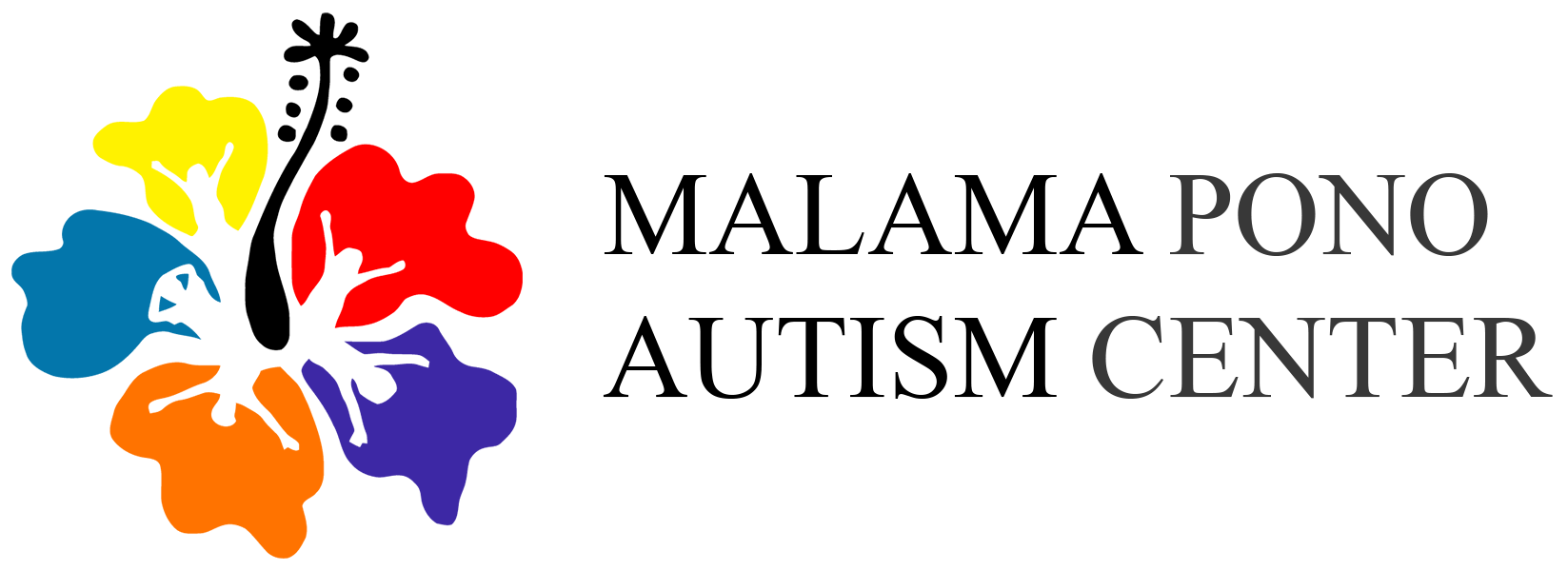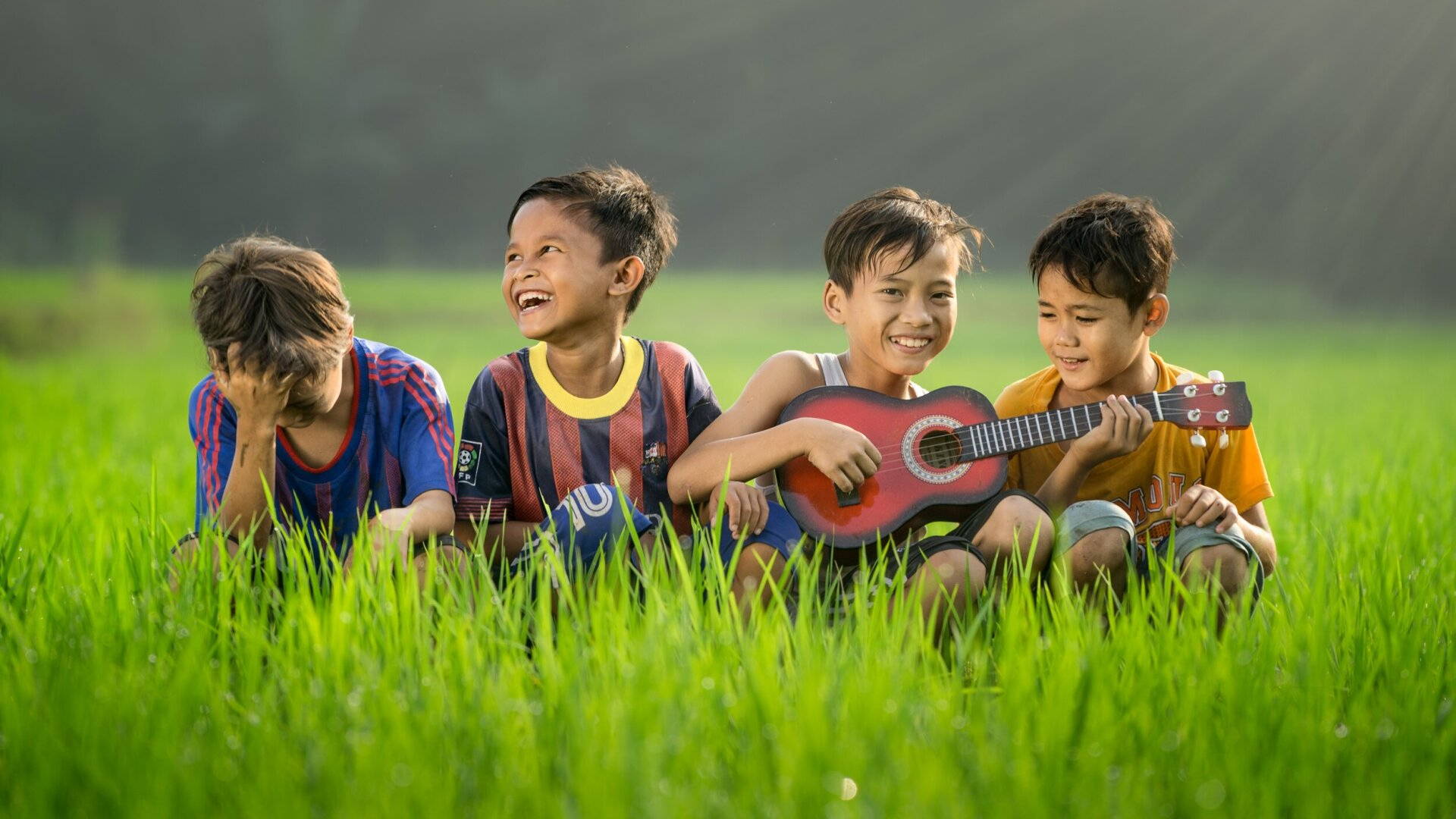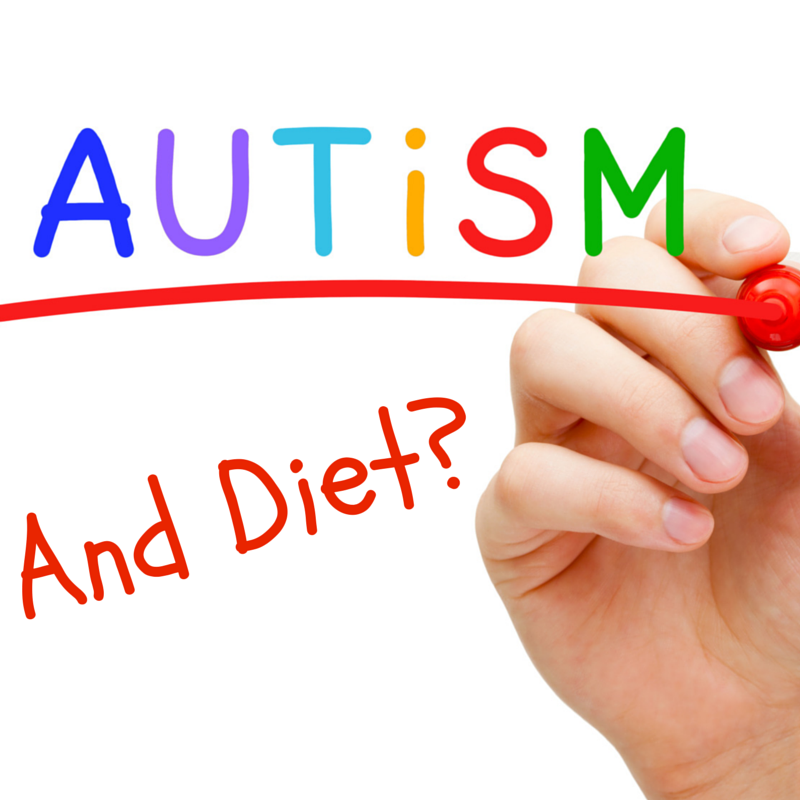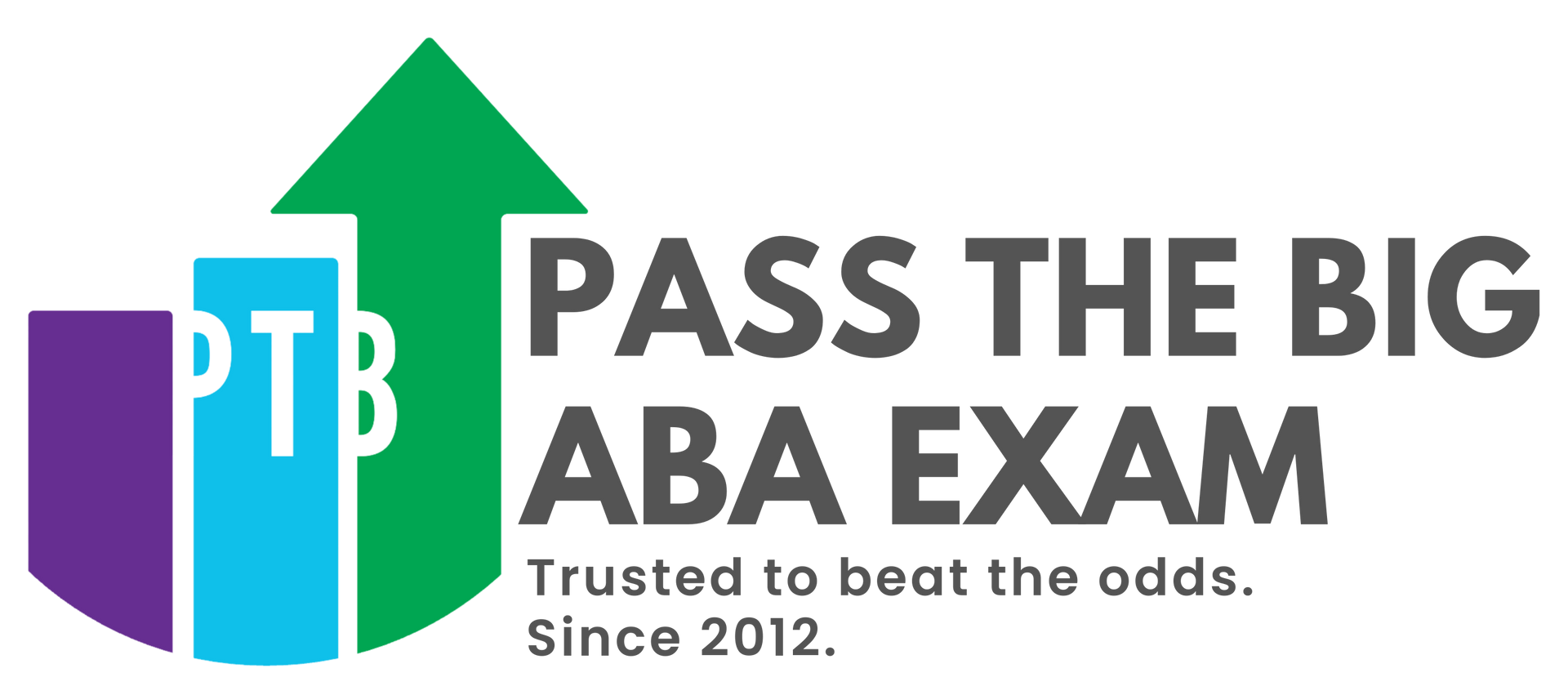Full suite of services for children impacted by autism.
In the News
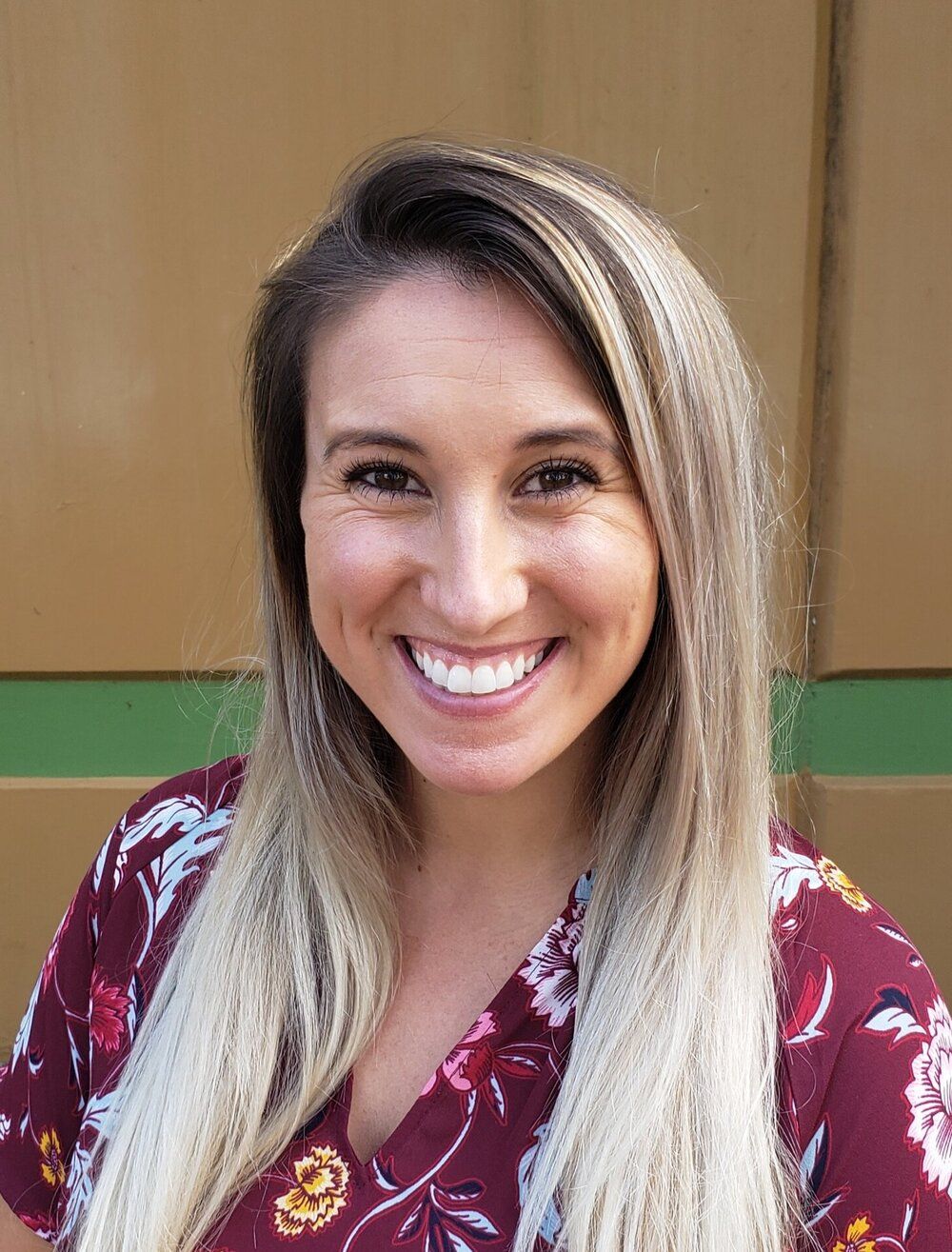
By Written By MPAC Staff
•
17 Feb, 2021
Malama Pono Autism Center is pleased to introduce Dr. Jennifer Long, OTD, OTR/L to the MPAC team. Dr. Long is an occupational therapist who has many years working with children of all developmental abilities. She practiced extensively in pediatric settings in California and upon relocating to Hawai’i began establishing herself as a resource to the children and families of Hawai’i.

By Written By MPAC Staff
•
01 Feb, 2021
At the end of the last century a researcher proposed there is a limitation to how many people we can have in our social lives. Coined “Dunbar’s Number” the theory asserts that humans can have stable social relationships with only about 150 people. This is clearly a speculative number at best, but the idea behind it rings true. There is a limitation to how many people we can have close and meaningful relationships with. What happens when we start trying to have relationships with more people? I met someone this week who has over 200k Instagram followers and makes a living- and a self-identity- from being Instafamous. Dunbar would have lost his mind. Social media was not a concept when Dunbar set the bar at 150 and clearly the idea of what is social and what constitutes a meaningful relationship must be revisited in the new digital world. When it comes to kids with autism it seems we spend a lot of time trying to teach them to be Dunbar-social, when they often naturally already know how to be Instagram social. What is Instagram social? It’s where you are really into a specific thing, you find all the people who are also into that thing, and you all nerd-out together about it. Sound a little autistic? Maybe autism isn’t so bad after all… (insert sarcasm emoji here) We spend a lot of time teaching kids with autism how to act like everyone else, while in some important ways everyone else is starting to act more like what we call autism. Good social skills are important, this is acknowledged. But with our effort and focus on social skill deficits, let us not forget that kids with autism have a lot of natural strengths too. In fact some strengths that might be just now becoming useful. Finding a bunch of people who want to obsessively nerd-out about a very specific topic and connecting them online is a real thing. It’s called SEO (Search Engine Optimization). And people pay a lot of money for that “autistic” behavior. So yes we need to continue equipping our kids to have all the social tools they can, but let’s not forget they come loaded with some special features already. Hand flapping and eye contact? Doesn’t matter so much online.
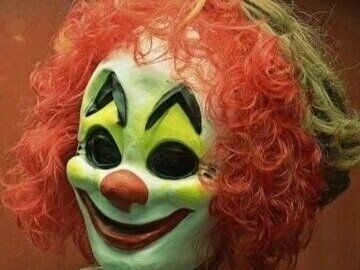
By Written By MPAC Staff
•
10 Oct, 2020
I recently took my kids to the circus. Standing in a long and winding line, we waited for the doors to open. Circus themed vendors and entertainers weaved in and out of the line amusing and selling their wares. The woman on stilts came stumbling by and my boys cheered with glee. The man selling popcorn and cotton candy came by and children ran up to him looking back expectantly at their parents. The teenager selling twirly-light-up-swirly-things walked through and a mob of children rushed him. And then a clown. My otherwise bold boys suddenly coiled behind my legs, watching the clown stoically. The clown knowingly kept his distance from all the children, smiled, pretended to trip over himself, and then disappeared from wherever he had come. Whereupon the children and joy and excitement all reappeared and the circus was right again. Let’s recap: My two year-old, who has never seen a horror film, the Batman’s Joker, or any other parody of a killer-clown, was stricken with fear at the first site of a clown. A clown: A kid friendly person dressed in kid friendly colors and clothes, with a permanently kid friendly smile painted across his face. Trying to give away balloons and candy. And nobody wants anything to do with him. What gives? This question has been asked by others for quite some time. In 2008 a study was published from the University of Sheffield where 250 children ages 4-16 were surveyed and found to “universally dislike” clowns. The discussion that followed noted that our fear of clowns does not appear to come from the popular media portrayals of evil clowns. Rather, the effective portrayal of evil clowns comes from our seemingly instinctive and underlying fear of these characters. Our fear of clowns as it turns out, is connected to our ability to read social cues, especially those expressed through the face. Deeply rooted in our evolutionary social-biology is the understanding that we must be able to quickly differentiate danger from safety. We can’t afford to wait and see who the bad guys and good guys are. We naturally and without thought read people’s eyes, mouth movements, and subtle expressions to determine if we should approach or withdraw. We can do this from across the room, we do this in all interactions with people and animals, and it is the basis of our social communication. Paul Ekman has done extensive research on this noting that even barely detectable changes in expression, called micro-expressions, are acknowledged and measured by the human mind. His work has gone on to train law enforcement, TSA, military and is the basis for the TV show Lie to Me. A key part of autism for most individuals is difficulties in social communication. Said simply, the social behaviors that seem to come naturally to everyone else are like a foreign language to many people with autism. Some can learn this foreign language, some can pretend they understand it enough to get by, and others never understand it at all. To compare social behaviors to a foreign language does not quite make the point, because even those who speak their native French or German had to originally learn this language. Most of our foundational social behavior is not learned, we are born with it. It is evolutionarily hardwired into our DNA. For those with autism it seems this wiring may be different. Clowns are scary to us because we can’t read their faces. Behind the makeup and the clown nose, we can’t tell what is really going on. And that feels unsafe. Unsure. Unknown. As I considered all of this at the circus I had the thought: I wonder if having autism is a bit like being in a world full of clowns? Everyone has a face painted on but you have no idea what really is going on behind it. I guess that might be a little scary. Might make me a bit anxious. Think I might just keep to myself. Not sure I would even look those damn clowns in the eyes.

By Written By MPAC Staff
•
26 Sep, 2020
Have you ever tried to fly a plane? Ever replaced a transmission on a truck? How about removing a brain tumor? For most of us the answer is no. Also a likely “Nope” for: Dry-cleaned a skirt Raced a race car Built a house Replaced a tooth-filling Most have never even considered trying these activities because we don’t know how. We recognize there is a certain amount of skill that is required to even attempt these things, let alone reach any level of proficiency or expertise. We leave the important things to the experts. Well almost everything. There is parenting. It’s a funny thing, this skill we call parenting. We seem to assume that if you have the means to acquire an actual child in your care, you should just know what to do. You know, because you were a child once. And YOUR parents did such a great job, of course you know how to do it. Not to worry, if you get stuck somewhere with parenting there are plenty of books, blogs and experts who can help you through it. Let’s see what happens?! It’s like flying a plane. Jump in there and if you get in trouble just phone a friend. Well actually it’s nothing like that. Most things are nothing like that, but that’s how we treat parenting. In reality parenting is one of the most challenging activities that most of us will ever be asked to do. It requires enormous amounts of patience, sacrifice, focus, emotional strength and willingness to fail. And all of that gets you through the first couple months. After that, good luck. Not only is parenting a challenging skill, it is a staggeringly important one. I could list all of the statistics that would tell us children raised in unhealthy homes incur great economic, social, employment, and emotional problems later in life. I could tell you all the struggle a child is likely to have and all the problems they will later inflict on their own children. And the generations of pain that will follow. I will instead focus on something simpler. Nobody wants to be a bad parent. We often hear “You’re such a good mom” or “He’s so lucky to have a dad like you.” Our language reveals that we know parenting is a specific skill and that some people seem to have it and others don’t. The problem is, unlike flying a plane, knowing how to be a good parent isn’t a prerequisite to actually being one. However, much like flying a plane, most anyone with a certain amount of training can learn to do it. Parenting is a skill you can learn. It is a talent you can develop and improve upon. The first step is reminding yourself that you don’t just know how to be a good parent because you have a child. It requires study, self-examination, and lots of learning. The good news is that there are lots of resources. Sometimes the right book, phoning a friend, or simply watching what others do can go a long way. And yes, you may even get desperate enough to call your own mom. She did after all, do enough to get you this far in life and sitting here reading this blog. Also remember there are people that teach parenting for a living. People that understand the biology and psychology of children’s behavior and can be great resources for parents who want to be better. Malama Pono has a great team of parent coaches that would love to help. Think of it like flying. We’ll be your co-pilot.
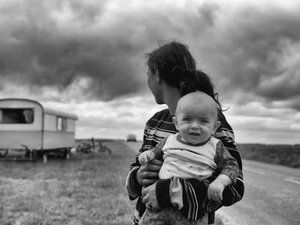
By Written By MPAC Staff
•
26 Sep, 2020
Dear parent who is feeling down trodden. Dear parent who is overwhelmed and not sure you can go on. Dear parent who has lost a sense of yourself and given up on trying to find it again. Dear parent who didn’t think having kids would be this hard, who thought your kids would love you back a little more. Dear grandparent who wasn’t planning on being a parent again. Dear parent who is tired of hearing how wonderful autism is and how special it makes people and that there will be special jobs especially suited for autism someday. In the future. Someday. Dear parent who doesn’t want to see perfect children and perfect families and perfect birthday parties on Facebook anymore. Dear parent who left a full grocery cart at the store today because- well because that’s what you do sometimes. Dear parent who is tired of answering questions about why your child isn’t potty-trained, walking, talking, playing with the other kids, going to school, finishing school, or playing in the band. Dear parent: You should know you are not alone. There are a great many parents out there who have similar struggles, doubts, and hard times. You are not the only one who has quietly wished they had not had children at all. You are not alone. The problem is simply, you are alone. There is great strength and energy in community. Strength in doing something you typically do alone, with other people. We as humans are at our best when we are knit together with others. Having a child with special needs often leads parents to isolate, withdraw, and have very little community around them. After all, nobody would understand. That is the risk. Maybe my child and family really are different. Maybe nobody else thinks the things I do. We let that fear keep us from seeking out others, from putting ourselves and our family out there for others to see. Oh dear parent, you are not alone. There are many others like you who will benefit from your story and support as much as you will benefit from theirs. This life is not meant to be done on your own and you only add suffering to your pain when you go it alone. This is your call to find community. To have an imperfect birthday party. To post a real picture on Instagram. To commit to a walk or a talk or a coffee even if it needs to happen on your kitchen floor. What’s that you say? Your house is dirty? You are not alone dear parent, you are not alone. There are others looking for you. Don’t let the excuses your mind will create stop you from reaching out and finding the others who should be in your community.
Let's Talk
Malama Pono is dedicated to serving the families of Hawai’i who have been touched by autism.
Get the latest autism news and insights direct to your inbox.
Contact Us
Thank you for contacting us.
We will get back to you as soon as possible.
We will get back to you as soon as possible.
Oops, there was an error sending your message.
Please try again later.
Please try again later.
Ph: 808-625-3000
Fx: 808-625-3006
Info@mpacfamily.com
Administrative Offices
100 Kahelu Ave
Suite 110
Mililani HI 96789
Malama Pono Autism Center strives to provide equal access to information and services for individuals of all abilities. Closed captioning, translation, and other accessibility options can be provided upon request.
© 2024
All Rights Reserved | Site by Fix8
